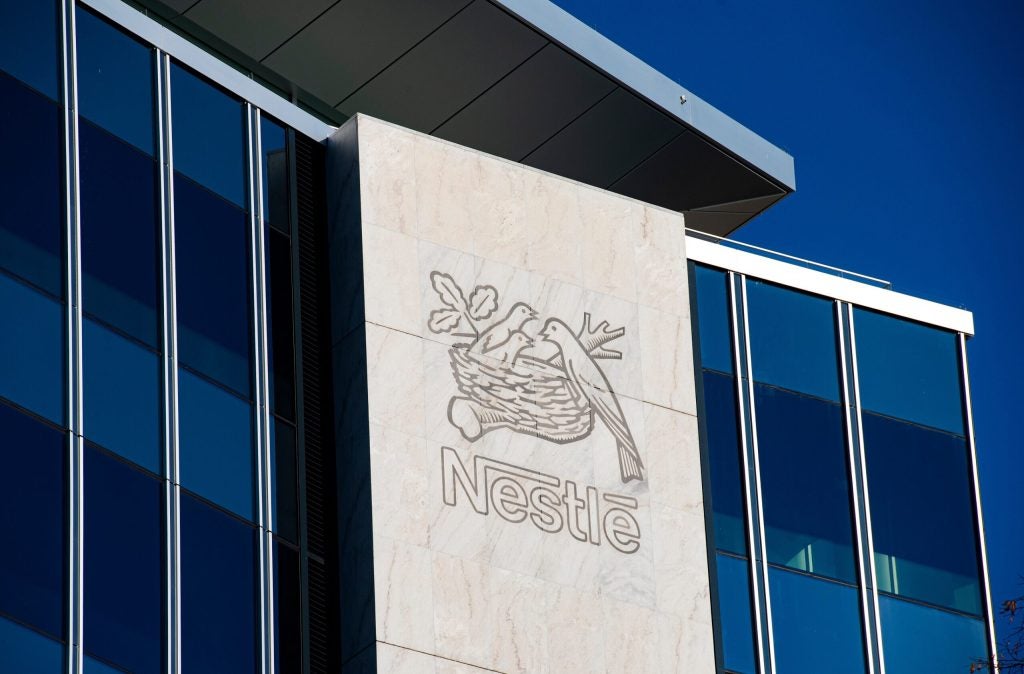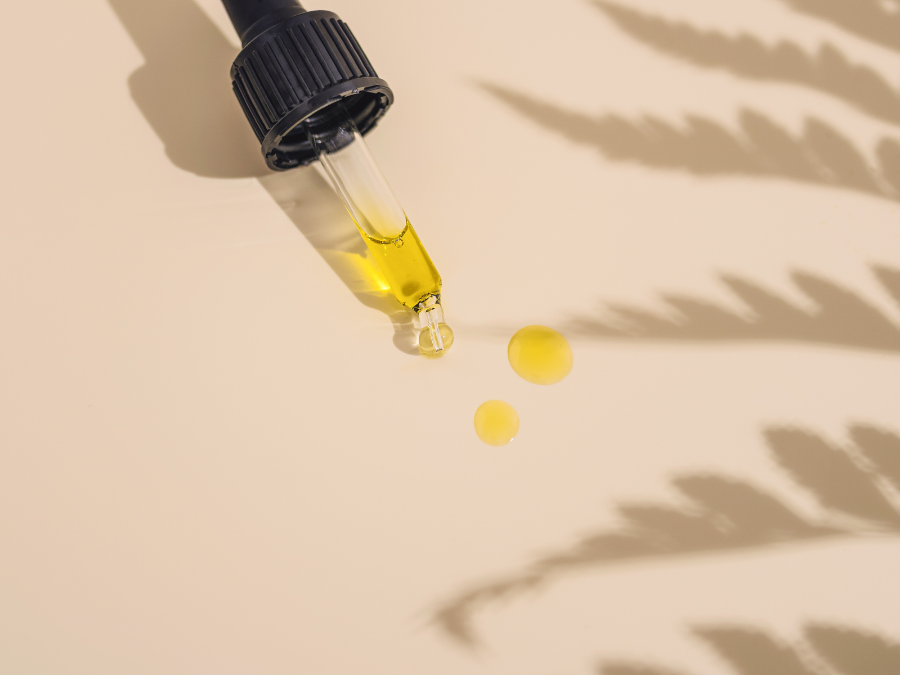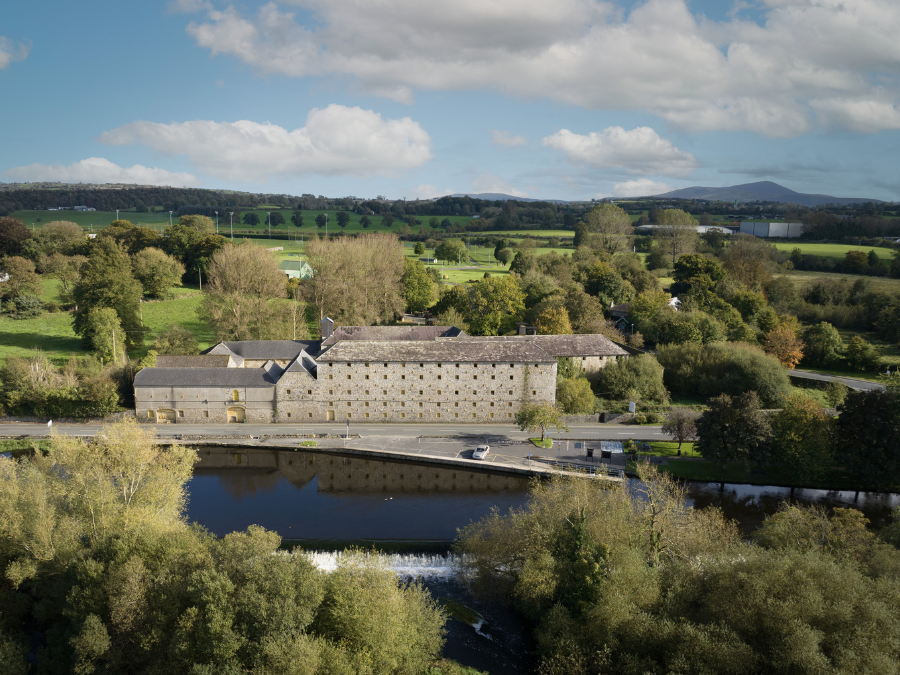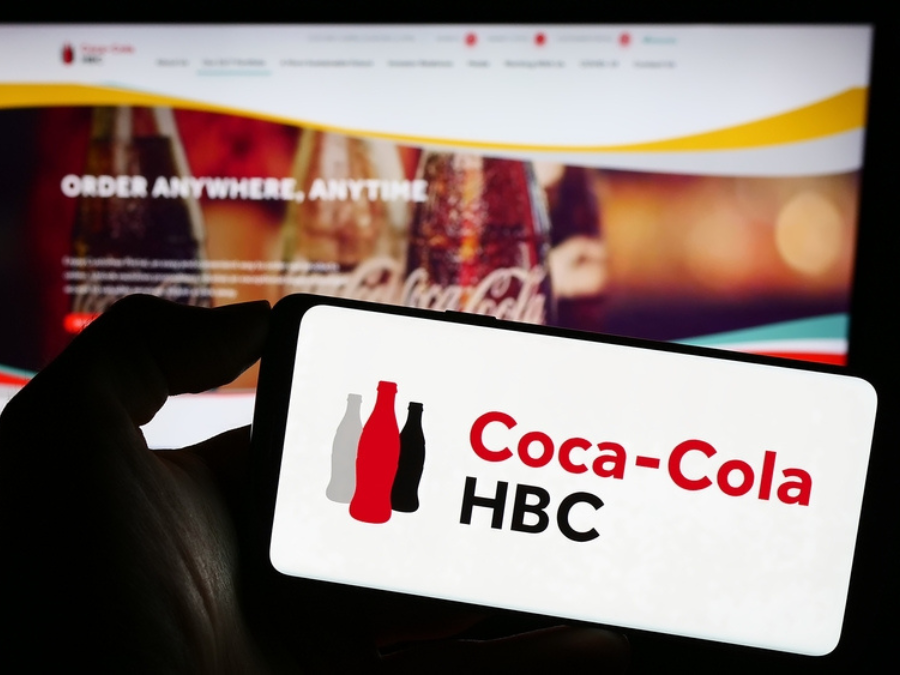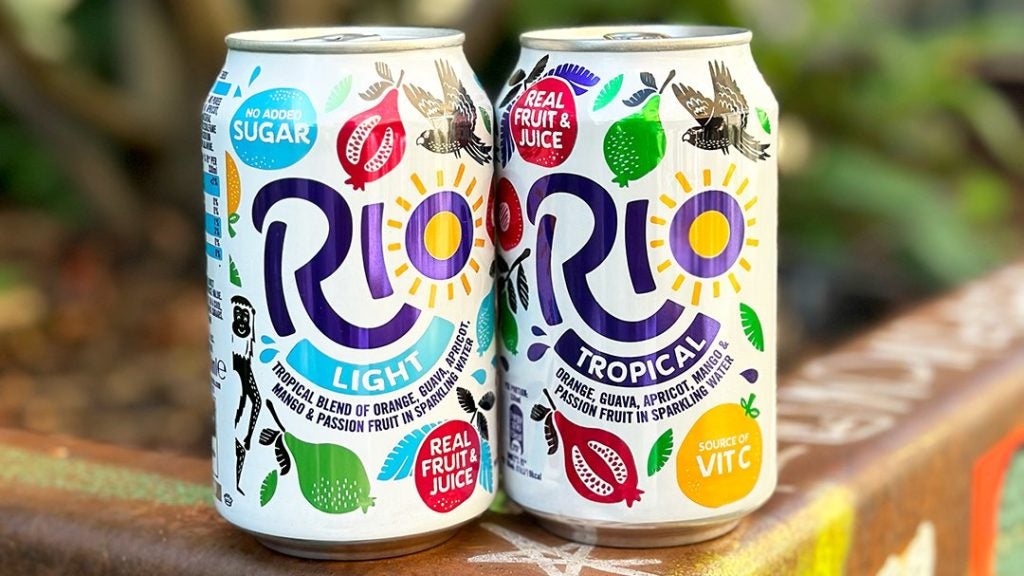Nestlé has reopened a plant in Israel the Swiss giant had temporarily closed due to the conflict with the Palestinian militant group Hamas.
The world’s largest packaged foods company was reluctant to share more details beyond offering a brief statement to Just Food last week (19 October) stating: “We focus on the safety of our colleagues and have taken precautionary measures”.
Nestlé added: “That included the temporary shutdown of one of our plants in Israel”, which a company spokesperson clarified was just for a "few days".
The KitKat maker has seven facilities in Israel for confectionery, prepared dishes, powered and liquid beverages, and for products sitting within its nutrition and health science division, according to Nestlé’s 2022 annual report.
While Nestlé did not disclose for Israel alone in that report, the company said revenue generated from Turkey and Israel together amounted to SFr1.5bn ($1.6bn) last year, up from SFr1.4bn in the previous 12 months.
Those two countries accounted for 8% of sales in Nestlé’s Europe zone business region, where total sales revenue was SFr19.1bn in 2022.
In Nestlé’s nine-month fiscal 2023 results issued this morning, the same region generated sales of SFr14.1bn, up a tad from SFr14bn a year earlier. Organic growth was 8%.
The closely watched measure of real internal growth (RIG), which strips out the effect of pricing (+11.1%) from organic growth to reflect changes in volumes, was minus 2.3% for the Europe region.
Hamas launched a surprise rocket attack on Israel from the Gaza Strip controlled by the Islamic group on 7 October and sent fighters across the Israel-Gaza border. The militant organisation slaughtered civilians, including hundreds at the Tribe of Nova music festival near the Re’im kibbutz, and also took hostages back to Gaza.
Israeli troops were also killed with the Hamas attack prompting military retaliation from Israel. Thousands of Palestinians and Israelis have reportedly since died in the almost week-long conflict, which has sparked a humanitarian crisis and raised concern of an escalation to other Middle Eastern countries.
Nestlé CEO Mark Schneider, speaking to journalists this morning, said: “Our focus is on keeping our colleagues and employees safe. I have no comment on the development of the business,” according to Reuters.
He added that “we've taken necessary precautions”.
For the group as a whole, Nestlé’s nine-month sales totalled SFr68.8bn, a 0.4% decline in reported terms but up 7.8% on an organic basis. RIG was a negative 0.6% based on pricing of 8.4%.
Schneider said in the results commentary: “Our diversified portfolio and differentiated offerings helped us deliver strong organic growth in the first nine months of the year. Growth was driven by pricing as we continued to navigate historic inflation levels.
“The recovery of our volume and mix is underway. We are seeing the benefits of our portfolio optimisation initiatives and increasing marketing investments behind our billionaire brands.
“These steps underpin our confidence that real internal growth, the sum of volume and mix, will turn positive in the second half of the year and again become the main driver of growth going forward.”


